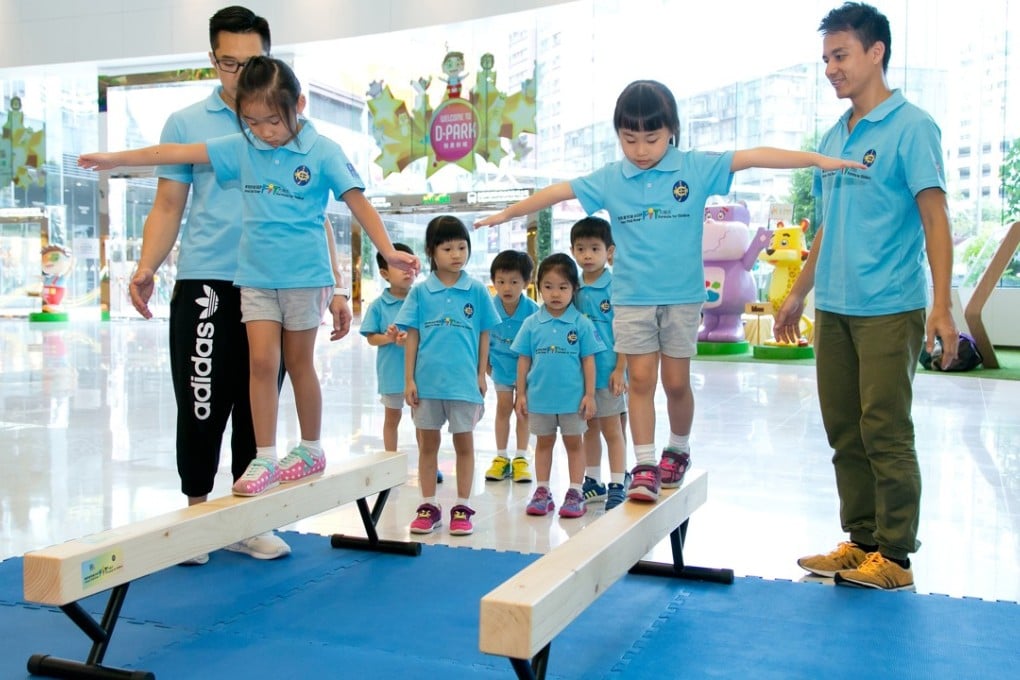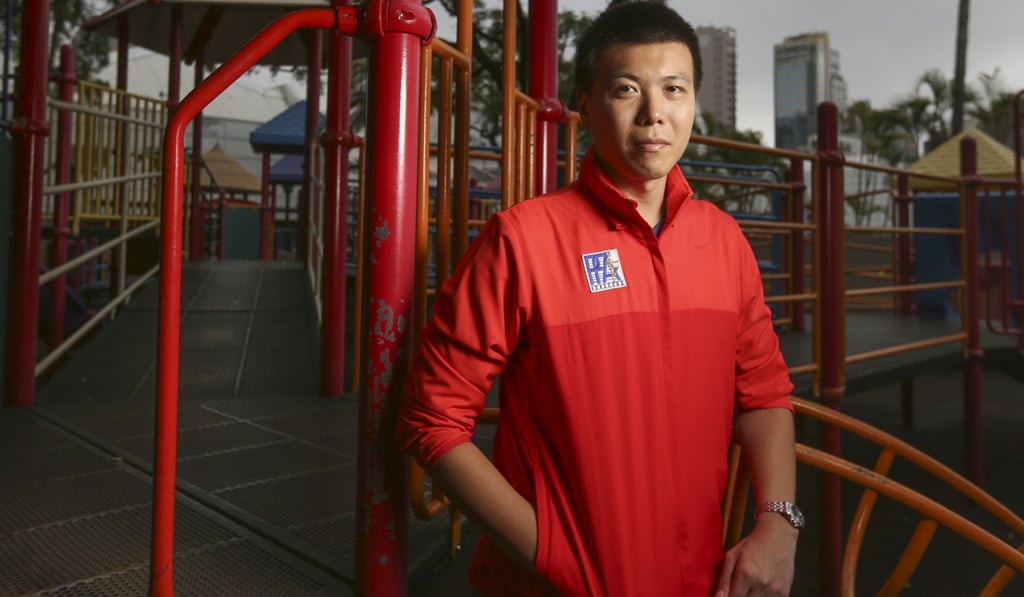How a Hong Kong family sports day keeps students on a healthy track
This weekend’s annual event at Hong Kong Science Park will involve 100 kindergartens and schools, parents and teachers aiming to spread the word that regular exercise and physical fitness matter alongside long hours of study

As more research highlights poor physical and mental health among Hong Kong students, more than 100 local kindergartens and schools will join a family sports carnival hosted by the Physical Fitness Association of Hong Kong, China (HKPFA) at Hong Kong Science Park in Sha Tin this weekend.
Children, parents and teachers will take part in interactive games, activities and performances to highlight how physical activity benefits students’ holistic development.
The citywide annual event is part of HKPFA’s “Jockey Club Keep-Fit Formula for Children”, a three-year pilot programme funded by The Hong Kong Jockey Club Charities Trust to integrate physical literacy – movement skills such as running, hopping, throwing, catching and jumping that give children confidence to participate in sports, and games – into early childhood curriculum.
No child’s play for Hong Kong kindergartens to fit in sufficient exercise time
“Our goal is to cultivate an atmosphere favourable to the promotion and education of physical fitness at home and in kindergartens,” says Sam Wong Wing-sum, HKPFA’s executive director. The non-profit organisation began advocating physical fitness and health education in kindergartens in 2007.

“Most human habitual behaviours develop in early childhood,” he said. “Engaging young children in physical activities as early as possible is good for developing positive exercise habits in the long run. As young children spend much of their time at home, parents and family members are their significant role models during early childhood. Therefore, we endeavour to cultivate an exercise culture at the family level.”
Research by Chinese University of Hong Kong supports this. Findings from 423 sets of children-parent questionnaires determined that parents’ values towards physical activity (PA) might be “passed on” to their children, affecting children’s PA behaviour.
Children whose parents do not value PA may engage in lower levels of activity, Professor Amy Ha Sau Ching, of the university’s sports science and physical education department, wrote in her research paper “Intergenerational transmission of parents’ values on children’s physical activity behaviours”.
